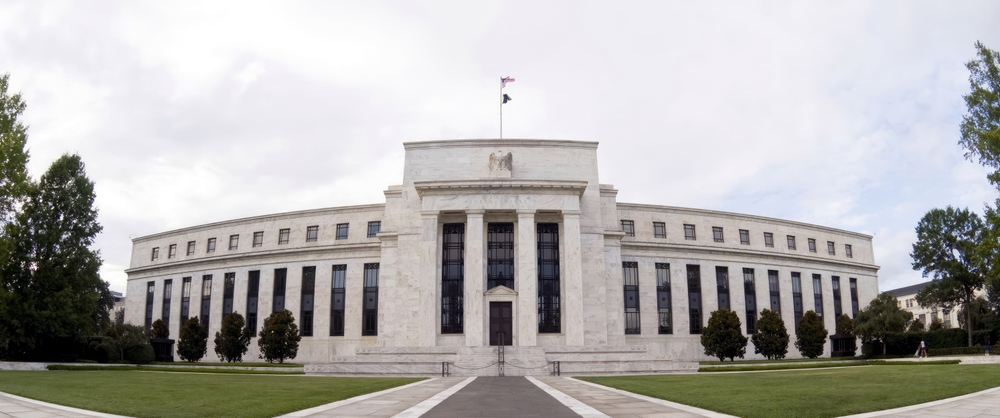
The Promises and Pitfalls of Measuring Community College Quality
In this paper we explore the community college (institutional) effect on student outcomes in the nation’s largest public two-year higher education system—the California Community College system.
In this paper we explore the community college (institutional) effect on student outcomes in the nation’s largest public two-year higher education system—the California Community College system. We investigate whether there are significant differences in student outcomes across community college campuses after adjusting for observed student differences and potential unobserved determinates that drive selection. To do so, we leverage a unique administrative dataset that links community college students to their K–12 records in order to control for key student inputs. We find meaningful differences in student outcomes across California’s Community Colleges, after adjusting for differences in student inputs. We also compare college rankings based on unadjusted mean differences with college rankings adjusted for student inputs. Our results suggest that policymakers wishing to rank schools based on quality should adjust such rankings for differences in student-level inputs across campuses.
Read the Full Paper
This paper was originally published by The Russell Sage Foundation Journal of the Social Sciences
Economic Dynamism
.jpg)
Do Dynamic Societies Leave Workers Behind Culturally?
Technological change is undoubtedly raising profound metaphysical questions, and thinking clearly about them may be more consequential than ever.

The War on Disruption
The only way we can challenge stagnation is by attacking the underlying narratives. What today’s societies need is a celebration of messiness.

Unlocking Public Value: A Proposal for AI Opportunity Zones
Governments often regulate AI’s risks without measuring its rewards—AI Opportunity Zones would flip the script by granting public institutions open access to advanced systems in exchange for transparent, real-world testing that proves their value on society’s toughest challenges.

Downtowns are dying, but we know how to save them
Even those who yearn to visit or live in a walkable, dense neighborhood are not going to flock to a place surrounded by a grim urban dystopia.

The Housing Crisis
Soaring housing costs are driving young people towards socialism—only dispersed development and expanded property ownership can preserve liberal democracy.

Oren Cass's Bad Timing
Cass’s critique misses the most telling point about today’s economy: U.S. companies are on top because they consistently outcompete their global rivals.

Blocking AI’s Information Explosion Hurts Everyone
Preventing AI from performing its crucial role of providing information to the public will hinder the lives of those who need it.




.jpeg)




.jpg)





